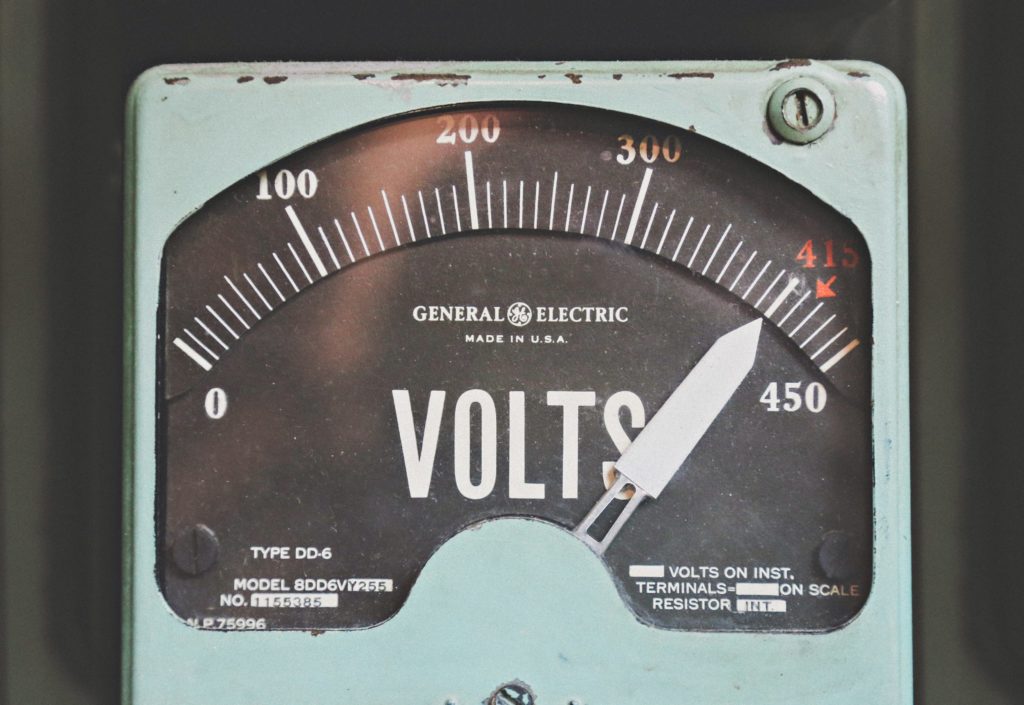If you’ve picked 2020 to begin selling your own essential oils, it’s probably been a rocky year to be starting your own business. That being said, with the health and wellness industry booming amidst a global pandemic, if you’ve made it to December, the chances are high that your business may be able to last for the foreseeable future. This means that it’s time to start focusing on building out your essential oils business and get more serious about turning your company into a full-time job. Being an entrepreneur takes grit and perseverance; however, if you’re still in business after a life-altering pandemic affected the economy so intensely, you likely have what it takes to truly make your company something special.
One of the things you may want to do as you start to expand your business is to find a few other employees to help you with the day-to-day work of running an essential oils company. If you’re worried about having to sift through too many applications while unemployment remains high, it can be helpful to research how to improve your hiring process. If you’re planning on leasing retail space in order to have more of a storefront presence in the future, it’s important to brush up on your understanding of various utilities and other services your company will rely on. For example, you may not realize that residential energy is different than business energy. Here’s what you need to know about pursuing an energy company for business purposes.
What are the major differences between residential and business energy plans?

In a residential electric plan, you generally only have one specific rate which you’re charged based on your electricity usage. This makes it very simple to calculate your bill, and it can be easy to estimate when you’re going to be charged more or less for your energy usage as a result. Business energy plans are generally sold in a tiered manner, with rates changing based on which tier you fall into. Not only does this make it more complicated to estimate how much you’ll be for electricity in any given month, it also makes it even more important to understand which factors put you in one tier as opposed to another and what the consequences of that are.
Generally speaking, as you move up through different tiers, the rate you pay increases as well. This means that your base allocation is the cheapest in the first tier, but if you use more kWh and bump up you’ll pay more. This is in addition to navigating a variety of rate codes as well as usage fees based on your facilities relative to your demand, and whether that demand is at peak times or mid-peak times.
How should you go about finding the best deal on business energy?
Especially in the world of commercial electricity, it makes sense to do your homework before picking any old utility company to provide you with service. Beyond needing to know how their pricing structures, rate codes, and other miscellaneous fees affect your bottom line, you need to make sure that they’re going to be a good partner for your company.
While you compare electricity plans, make sure to take a look and see what other customers have to say about their service. You can do some research by reading up on reviews of their business online or ask the energy company to refer you to similarly-sized businesses who can give you more information about their experiences. If an energy company doesn’t have other clients to refer you to, that’s generally a bad sign, so be diligent in your research. You can even use online comparison tools to narrow down your options before you really start digging in to their relationship with their customers.



